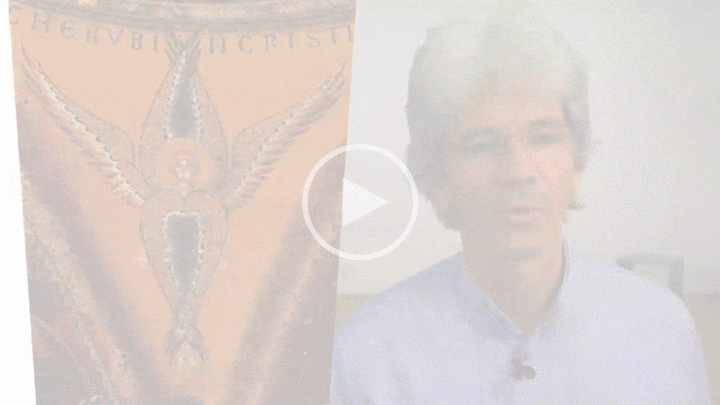The GEPs of Good Eurythmy Practice *
How to begin
- Take time to arrive at yourself.
- Allow your body to respond and notice how it feels being seen.
What to pay attention to
- Don't lose yourself in the tasks. Stay connected with yourself.
- Try to do what you understood. Avoid imitating what you see.
- Trying is what matters. Your body will take care of the rest.
- At the end of an exercise, let your arms come back to your center.
- Allow your breath to respond and only then let go.
What to look out for
- Try to perceive how counterflows are at work.
- Allow the inner counterflows to arise through being present in your body.
- Counterflows happen simultaneously, or as a result of letting go.
- Have you experienced moments when you felt like you didn't do the movement yourself?
Wonderful!
- Do you notice becoming upright from an exercise.
That's the aim!
- Does your body express gratitude? In what way?
Just notice it.
How to end
- Keep alive what you have been doing and sit down mindfully.
- Listen to what is resonating within your body.
- It is not important that you have many perceptions while listening.
- For example, ask yourself which shoulder feels wider or higher than the other?
- Any little impression or inner feeling is equally important.
- Allow yourself to be surprised!
- Your body is a human being too!
- Just like you, it gains strength when it feels seen.
* We use the term GEP (Good Eurythmy Practices) according to GMP (Good Manufacturing Practices) regulations. GMP guidelines provide minimum requirements that a manufacturer must meet to prevent harm from occurring to the end user. The GEP guidelines care for the benefit of the practitioner.














